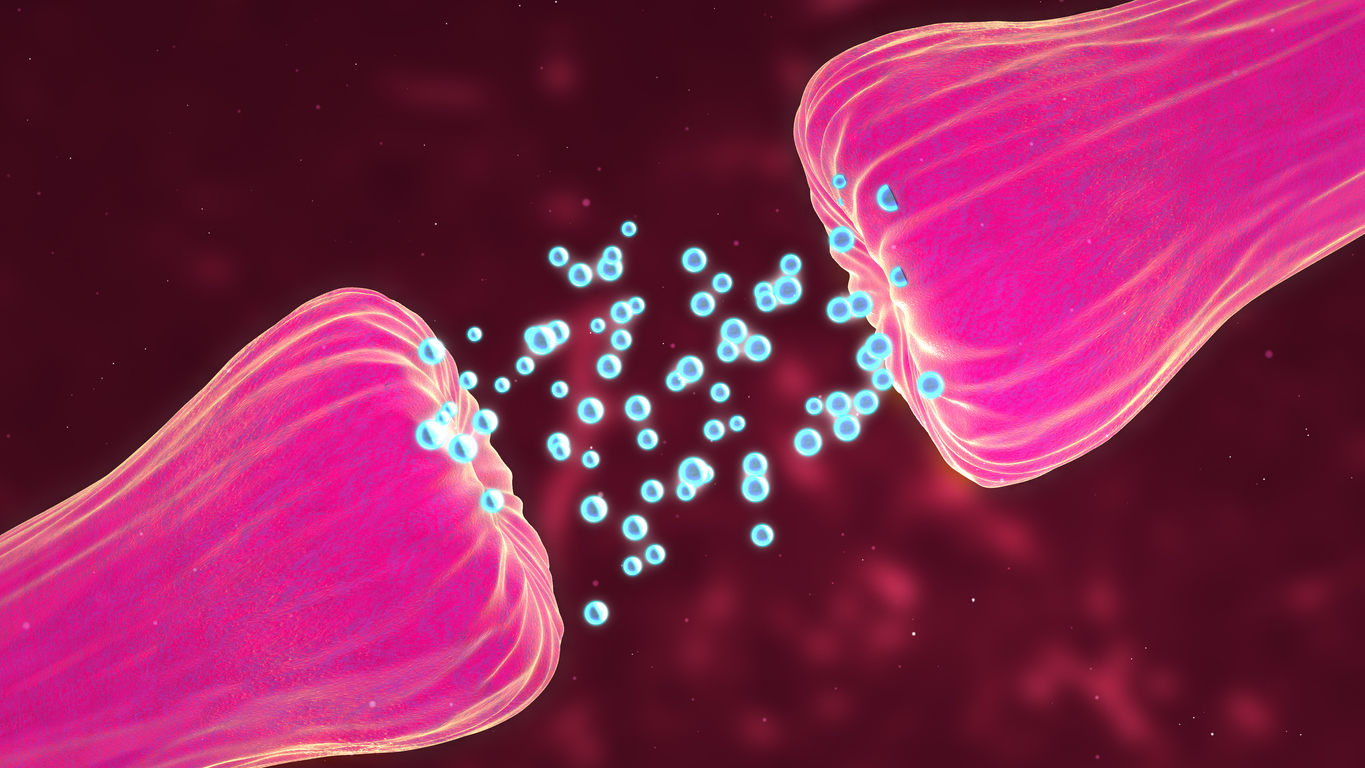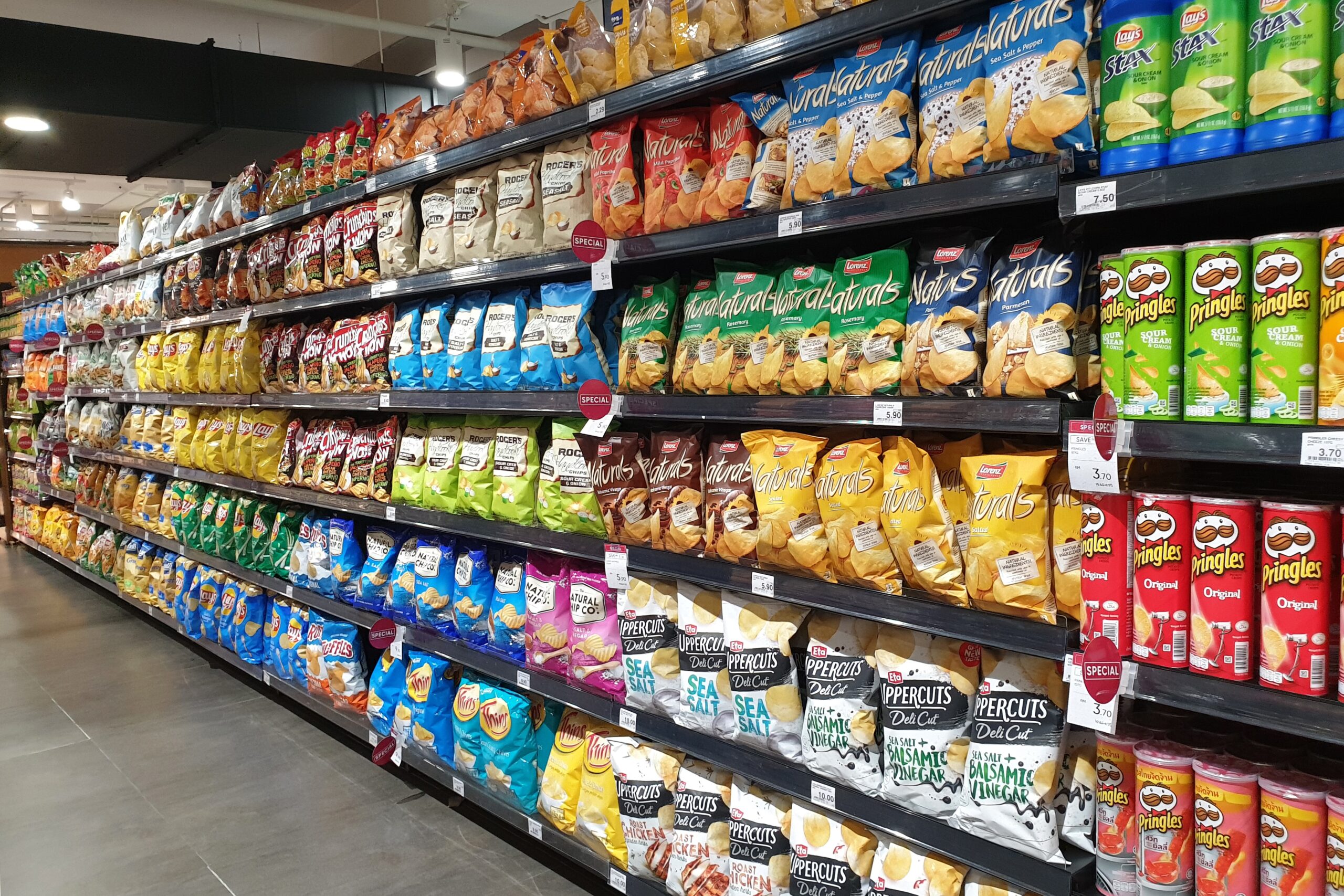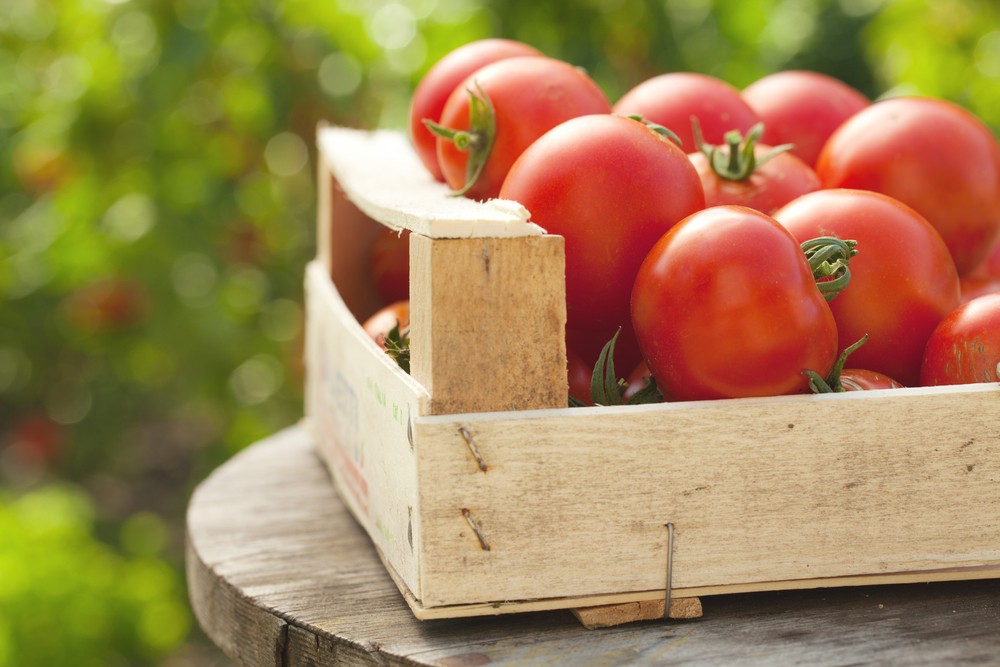The coronavirus pandemic represents an unprecedented challenge to health services and systems across the globe. Research and innovation have been essential in the battle against COVID-19, providing insights into preventing and mitigating the effects of contagious diseases and improving our response to them.
UK Research and Innovation (UKRI) is committed to funding, enabling and delivering ground-breaking pandemic-related research projects, helping to tackle challenges posed by COVID-19.
Discover the societal solutions for post-pandemic recovery illustrated in UKRI’s Research for Recovery infographic.
Infographic highlights
- £554 million has been invested in new projects since the start of the pandemic
- 100,000s of lives were saved worldwide with readily available steroid dexamethasone thanks to the RECOVERY trial – the fastest-recruiting treatment trial in medical history
- 20 minutes is the time it takes to decontaminate ambulances using an ozone-based rapid release gas treatment created in South Wales
- 24/7 breastfeeding and early parenthood support that could soon be prescribed for FREE across the UK
Saving lives through research and testing
Clinical research is at the forefront of global efforts to tackle the coronavirus pandemic. The RECOVERY Trial was the fastest-recruiting treatment trial in medical history. It was launched in record time, up and running within six weeks of funding and recruited more than 40,000 participants across 185 trial sites in the UK.
The trial tested existing drugs on hospital in-patients with suspected or confirmed COVID-19, and over the last two years, it has found four treatments that save the lives of hospitalised patients. Within just three months a therapy with Dexamethasone, a readily-available and inexpensive steroid, was identified as a life-saving treatment. Dexamethasone was found to save the lives of seriously ill patients suffering from severe respiratory complications, cutting deaths for the sickest patients by a third, with an estimated one million lives saved worldwide.
It has become part of standard care in hospitals managed by the National Health Service in the UK and across the world.
Reducing cleaning times for ambulances: Deactivating live coronavirus
The pandemic called for urgent disinfection of contaminated surfaces, spaces and equipment, which is especially vital for emergency services vehicles.
A team of microwave engineers, infectious disease specialists and polymer scientists developed a rapid, new approach and protocol to ambulance disinfection to minimise the microbial risk to patients, ambulance technicians and paramedics. By using antenna beamsteering and radar principles, the entirety of a working ambulance can be safely decontaminated and fully sanitised in just 20 minutes after transporting a patient suspected of having COVID-19.
The new time and labour-saving approach follows the general principle utilised in kitchen microwaves to produce heat for sterilisation. Surfaces can be thoroughly and quickly sterilised using electromagnetic waves, antennas and sensor beacons, eliminating the need for physical interaction and reducing the contamination risk.
Providing virtual breastfeeding support
The UK has one of the worst breastfeeding rates globally, with 90% of women stopping breastfeeding before they would like or intend to, according to NHS England. Lockdown restrictions exacerbated this by preventing many mothers from receiving vital face-to-face support for breastfeeding issues. In response, an AI-powered breastfeeding app LatchAid, has been developed, utilising cutting-edge 3D technology, offers virtual support and online ‘live’ webinar interactions hosted by experts to provide 24/7 breastfeeding and early parenthood support.
Winner of the COVID-19 Rapid Response grant and Sustainable Innovation Fund, LatchAid has active users from 84 countries across 6 continents and reached the top 30 in the medical category amongst 150,000 health apps available through app stores.





